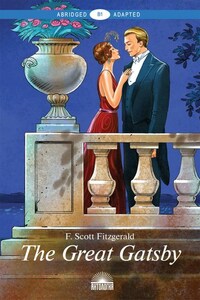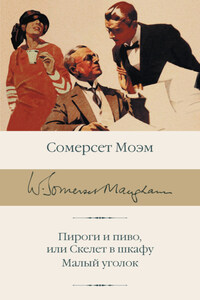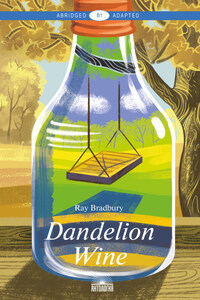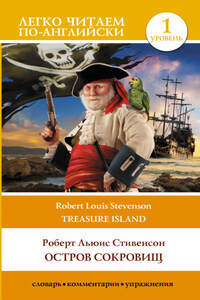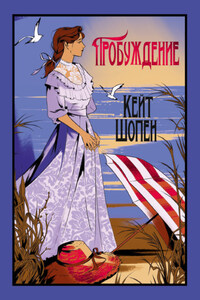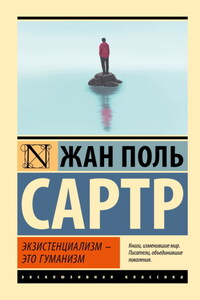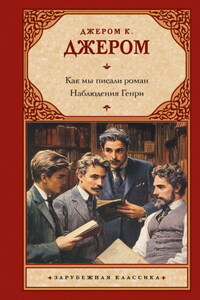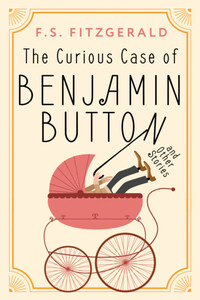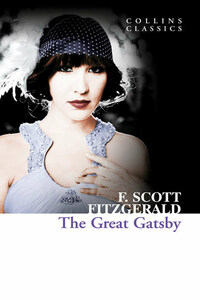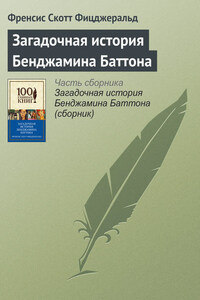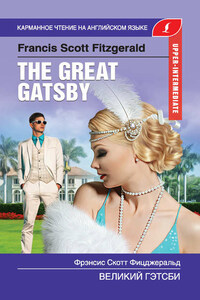In my younger years my father gave me some advice that I’ve been turning over in my mind ever since.
«Whenever you want to criticize any one», he told me, «just remember that all the people in this world haven’t had the advantages that you’ve had».
He didn’t say any more, but I understood that he meant much more than that. So I usually reserve all judgments, a habit that has opened up many curious characters to me. Reserving judgments gives infinite hope. I am still a little afraid of missing something if I forget that, as my father snobbishly suggested, and I snobbishly repeat, a sense of the fundamental decencies is given out unequally at birth.
And, after boasting this way of my tolerance, I have to admit that it has a limit. When I came back from the East last autumn I felt that I wanted the world to be in uniform and at a sort of moral attention forever; I wanted no more excursions into the human heart. Only Gatsby, the man who gives his name to this book, was free from my reaction – Gatsby, who represented everything for which I have a sincere scorn. There was something gorgeous about him, some sharp sensitivity to the promises of life. It was an extraordinary gift for hope, a romantic readiness such as I have never found in any other person.
My family have been prominent, well-to-do people in this Middle Western city for three generations. The Carraways are something of a clan; the actual founder of my line was my grandfather’s brother, who came here in fifty-one[1] and started the wholesale hardware business that my father carries on today.
I graduated from Yale University[2] in 1915, just a quarter of a century after my father, and a little later I participated in the Great War[3]. I came back restless. The Middle West was not the warm centre of the world any longer, now it seemed like the ragged edge of the universe – so I decided to go East and learn the bond business[4]. Everybody I knew was in the bond business, so I supposed it could support one more single man. Father agreed to finance me for a year, and after various delays I came East, permanently, I thought, in the spring of twenty-two[5].
The practical thing was to find rooms in the city, but it was a warm season, and I had just left a country of wide lawns and friendly trees, so when a young man at the office suggested that we take a house together in the country, it sounded like a great idea. He found the house, a bungalow at eighty dollars a month, but at the last minute the firm ordered him to go to Washington, and I went out to the country alone. I had an old Dodge[6] and a Finnish woman, who made my bed and cooked breakfast.
And so with the sunshine and green leaves growing on the trees, just as things grow in fast movies, I had that familiar confidence that life was beginning over again with the summer.
There was so much to read. I bought a dozen volumes on banking and credit and investment securities[7], and they stood on my shelf in red and gold like new money from the mint, promising to unfold their shining secrets. And I had the high intention of reading many other books besides. It was a matter of chance that I rented a house in one of the strangest communities in North America. It was on that island which extends itself to the east of New York – and where there are two unusual formations of land looking like a pair of enormous eggs, identical in contour and separated only by a bay.
I lived at West Egg, the less fashionable of the two. My house was at the very tip of the egg, and squeezed between two huge villas rented for twelve or fifteen thousand dollars a season. The one on my right was a colossal thing by any standard, with a tower on one side, and a marble swimming pool, and more than forty acres of lawn and garden. It was Gatsby’s mansion. Or, rather, as I didn’t know Mr. Gatsby, it was a mansion inhabited by a gentleman of that name. My own house was an ugly thing, but it was small, so I had a view of the water, a partial view of my neighbor’s lawn, and the consoling proximity of millionaires – all for eighty dollars a month.
Across the bay the white palaces of fashionable East Egg glittered along the water, and the history of the summer really begins on the evening I drove over there to have dinner with the Tom Buchanans. Daisy was my second cousin[8], and I’d known Tom in college. And just after the war I spent two days with them in Chicago.
Daisy’s husband had been a national figure in a way, one of those men who reach such an acute excellence at the age of twenty-one that everything afterward tastes like disappointment. His family were enormously wealthy, but now he’d left Chicago and come East in a fashion that rather took your breath away: for instance, he’d brought a number of polo ponies from Lake Forest. It was hard to realize that a man in my own generation was wealthy enough to do that.
Why they came East I don’t know. They had spent a year in France for no particular reason, and then drifted here and there wherever rich people got together to play polo. This was a permanent move
